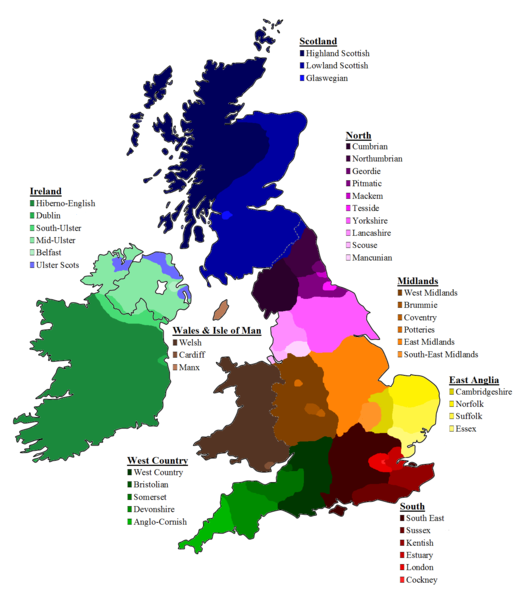Blogger 1;
I personally think that gay marriage should be legalized everywhere. However, Northern Ireland are not taking it on board and instead are making LGBT people come to court to talk about it. Yes, it is part of our human rights and no one should have to make a law regarding what gender we all have to marry. Marrying someone whether that would be male or female shouldn't be a big deal yet somehow it is. Why should a different gender come between love? Why does there have to be a law against this? Isn't the reason behind marriage is to get married to the one you want to spend the rest of your life with whether it is the same or different sex?
Two women a couple years ago went and got married against the law and are now being called into court to change the human rights. They might not be the only people in Northern Ireland that want to get married to the same sex so they need to make a stand for the LGBT community in order to change the rights. There should be no law or human rights on who you should marry. You can make that decision when you are old enough to know what you really like, whether that means marrying the same or different sex. These women wanted to make a stand in what they believe should be changed. I agree with them as they're not doing it for themselves or the community today, they are doing it for future generations and to make all life as happy as there same sex marriage.
As I have gotten older I have come to familiarise that everyone should be treated the same and there should be no law against the same sex marriage. My husband and I don't feel comfortable that we are aloud to be married but people that we know have to wait until it an be legalised. As friends we try and do anything we can to make sure they can have the same happiness as we do. By going to parades and campaigns we support them and agree that every marriage should be legal. We strongly believe that the two women going to court can really change the minds and laws of the 21 century and to make the LGBT community proud and welcome with each other.
http://www.theguardian.com/uk-news/2015/jun/26/northern-ireland-gay-marriage-ban-in-court-grainne-close-human-rights-issue
Blogger 2;
Same sex marriage? Not for me. Why? Because its wrong and disturbing.
Why should anyone want to get married to the same person? I know I have lived with a few of my friends from college, gone out and had a beer with them then played fifa all night but that doesn't mean I want to spend the rest of my life doing that with them every single day. I love them in a sense that they are like my brothers. It would be weird if I came up to them 'oh I really fancy you and want to kiss you'. It just seems wrong.
Imagine growing up as a child and your parents getting divorced. Either your mum or dad decided they are now interested in the same sex. You would feel weirded out. They get married. You now have two mums or two dads. Wouldn't the children and any other young person be confused by the idea of other men kissing other men (or women and women).
I am a Christian. God created Adam and Eve and to make babies to carry on the generations. Adam is a male and Eve is a female. See how they are both different genders? The intention was to always be male and females together and stay with each other for the rest of there life. Having a set of different genders as parents the children can have a point of view for both the sexes instead of growing up living with one side. With different genders they can grow up and be more educated on the issues and take different opinions and succeed better.
So, having read the article about two women wanting to legalise same sex marriage, I can fully disagree as I think it is a waste of an agreement when there are plenty more male and female couple that prefer to share there love. In future generations if it becomes legalised, it would leave many children confused and wondering why people are doing such a thing. This doesn't create a positive image for the family.
Blogger one might of started off the argument with 'I personally think' because they want to give there opinion first then get into the debate as to whether same sex marriage is right. Using rhetorical questions aswell makes it sound like her argument is right and makes people think that she is passionate about her opinions such as 'Why should a different gender come between love?'. Using them as a triplet geives the impression that when you hear this side of the story it will stay in your head as she is giving you multiple questions for you to thik about. Blogger one also sounds like she has grown up with not seeing LGBT people getting married and wants them to be equal. When she used 'there should be no law against the same sex marriage' it tells you that she is not familiar with the legalisation but is ok with it as she wants to make her marrige exactly like everyone elses.
It also sounds like she is trying to teach her children the way she was brought up with treating people the same. She has talked about this situation with her family and therefore has other opinions to back up her side making it seem more strong. By using 'you can' it sounds like she is directly talking to the audience and is telling them that they can make a change if they can. It is also a 'command' like she should be telling everyone to believe her views. I made this women older and married as she would have some experience in being married and would like to see everyone else feel the same like she did. By her also having a family makes it seem like she wants her children to have the same views as her and want to be brought up better no that society has aloud same sex marridge.
On the other hand, blogger two sounds like an older person that hasent had much experience with the legalisation in marriage and is giving the impression that it is horrible. He is also a Christian and is giving religious views which makes it sound like he has 'back up' from the bible. It also shows that he doesnt want anything to change and likes everything exactly how it is. Startring the debate with rhetorical questions makes it sound like he is going straight to the point. It also gives the impression that he is being sarcastic when saying 'see how theyre both different genders' because he wants his point to be strong and heard. By using short simple sentences creates a story in your head which sticks.He also uses future tense as he is thinking about the possible impacts or effects that same sex mariage would give us and how they would change the society. I made this character a male as men typically stick to one opinion whereas women are more open minded. Men stereotypically also dont enjoy alot of change. He also sounds like he is talking in his socialect by using words such as 'weirded out' whereas blogger one tends to talk like an older women (in which i tried to create).


